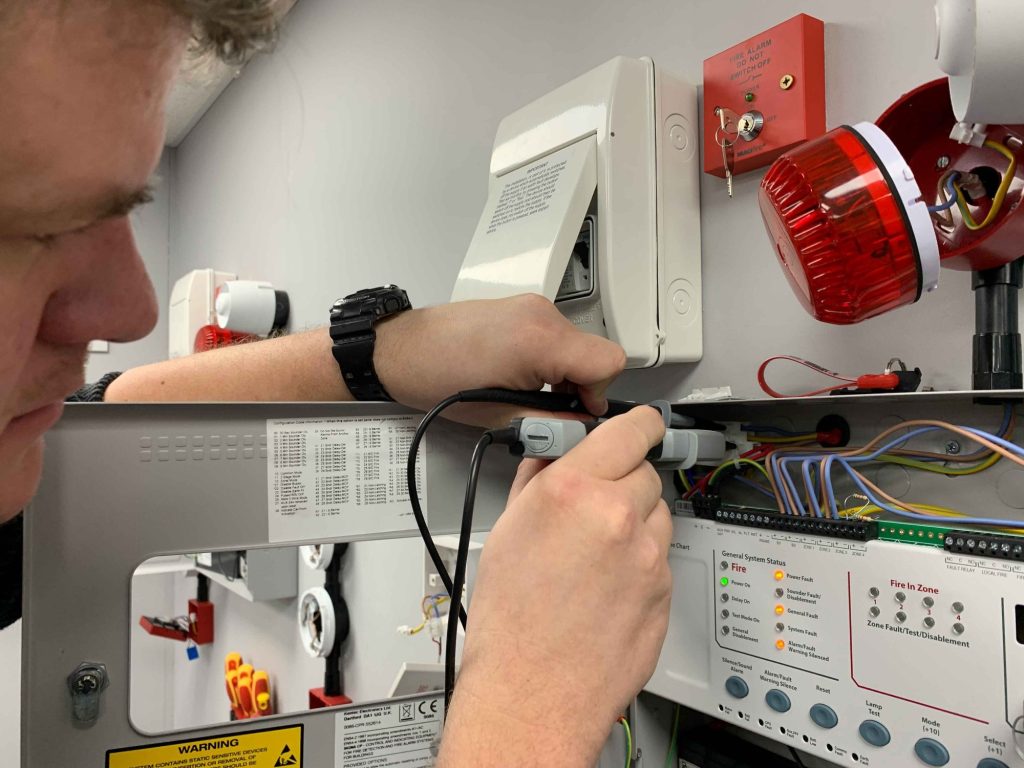Fire safety has always been a paramount concern, with traditional fire alarm systems playing a crucial role in safeguarding lives and property. However, as technology continues to advance, the integration of intelligent fire alarm systems is proving to be a game-changer in enhancing overall safety measures. Traditional fire alarm systems are effective in detecting the presence of smoke or heat, triggering alarms to alert occupants and emergency services. While these systems have undoubtedly saved countless lives, intelligent fire alarm systems take safety to a whole new level by incorporating cutting-edge technologies. One key feature of intelligent fire alarm systems is their ability to utilize advanced sensors and artificial intelligence algorithms. Unlike traditional systems that may sometimes generate false alarms, intelligent systems can distinguish between real threats and environmental anomalies, reducing the likelihood of unnecessary disruptions. By analyzing data from various sensors, these systems can identify the signs of a potential fire, allowing for swift and targeted responses. Moreover, intelligent fire alarm systems are designed to provide real-time monitoring and analysis of the environment.

This means that they can adapt to changing conditions and dynamically adjust their sensitivity levels. For instance, in environments prone to dust or steam, traditional systems may struggle to differentiate between normal conditions and a genuine fire hazard. Intelligent systems, on the other hand, can continuously assess the situation, minimizing false alarms and ensuring a more reliable response. Integration with smart building technologies is another aspect that sets intelligent fire alarm systems apart. These systems can communicate with other building automation systems, such as HVAC and access control, to optimize responses during an emergency. For example, in the event of a fire, the intelligent system can automatically shut down air handling units to prevent the spread of smoke or unlock doors to facilitate swift evacuation. Machine learning algorithms further enhance the capabilities of intelligent fire alarm systems. These algorithms can learn from historical data, improving their ability to predict and identify potential fire hazards. The fire alarm installer san antonio allows the system to become more efficient over time, constantly refining its response mechanisms and minimizing the risk of false alarms.
Remote monitoring and control represent another notable advancement. Facility managers and emergency responders can now access real-time data and control the fire alarm system remotely, enabling faster decision-making and response times. This feature is especially valuable in large or complex buildings where immediate physical intervention might be challenging. The implementation of intelligent fire alarm systems represents a significant leap forward in fire safety technology. These systems leverage advanced sensors, artificial intelligence, and machine learning to provide more accurate and reliable detection of fire hazards. The ability to adapt to changing environmental conditions, integrate with smart building technologies, and learn from historical data makes intelligent fire alarm systems a crucial component in ensuring the safety of occupants and assets. As technology continues to evolve, it is essential for stakeholders in fire safety to embrace these advancements and explore opportunities to integrate intelligent systems into their overall safety strategies.